Summaries of books about Economics:
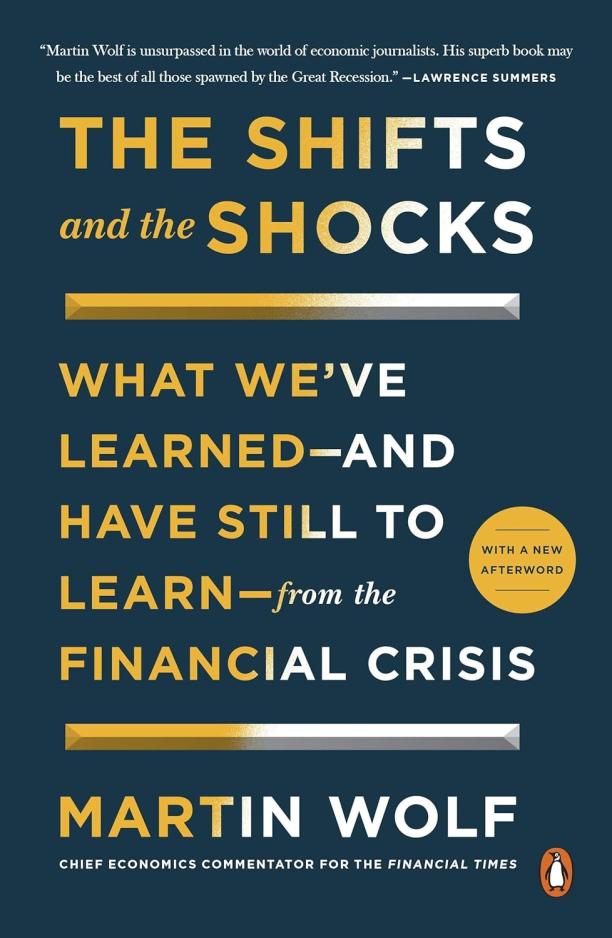
The Shifts and the Shocks
What We've Learned--and Have Still to Learn--from the Financial Crisis
Martin Wolf
The book analyzes the underlying causes and the aftermath of the global financial crisis, examining the economic, financial, and policy shifts that led to the turmoil. It also discusses the lessons learned from the crisis and the reforms needed to prevent a similar event in the future, critiquing the responses of governments and financial institutions.
See full summary
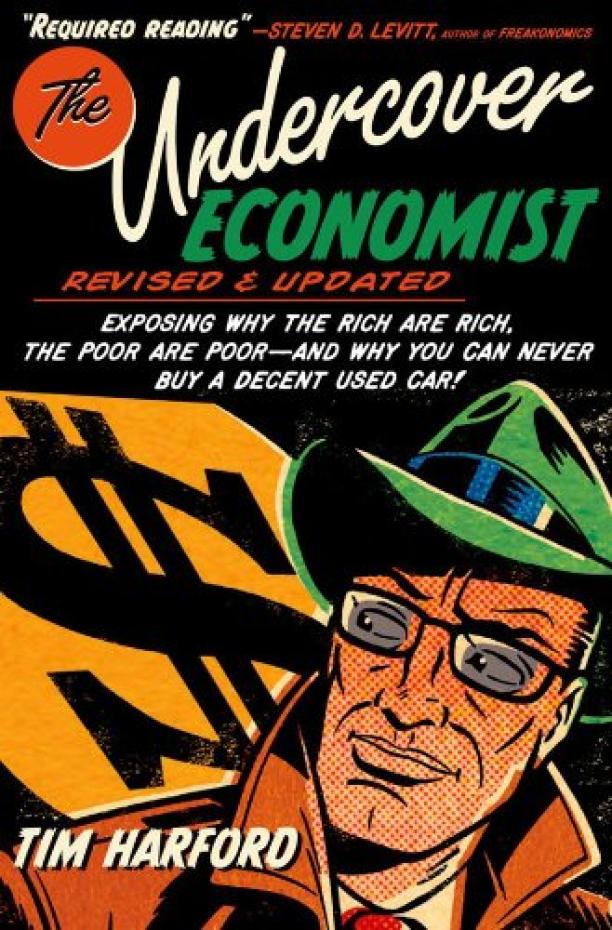
The Undercover Economist
Exposing Why the Rich Are Rich, the Poor Are Poor - and Why You Can Never Buy a Decent Used Car!
Tim Harford
The book demystifies the fundamental principles of economics through real-world examples, explaining how market forces shape everyday life and contribute to the wealth gap. It also delves into the concept of market efficiency and its paradoxes, such as the challenge of purchasing a reliable used car, known as the market for "lemons."
See full summary
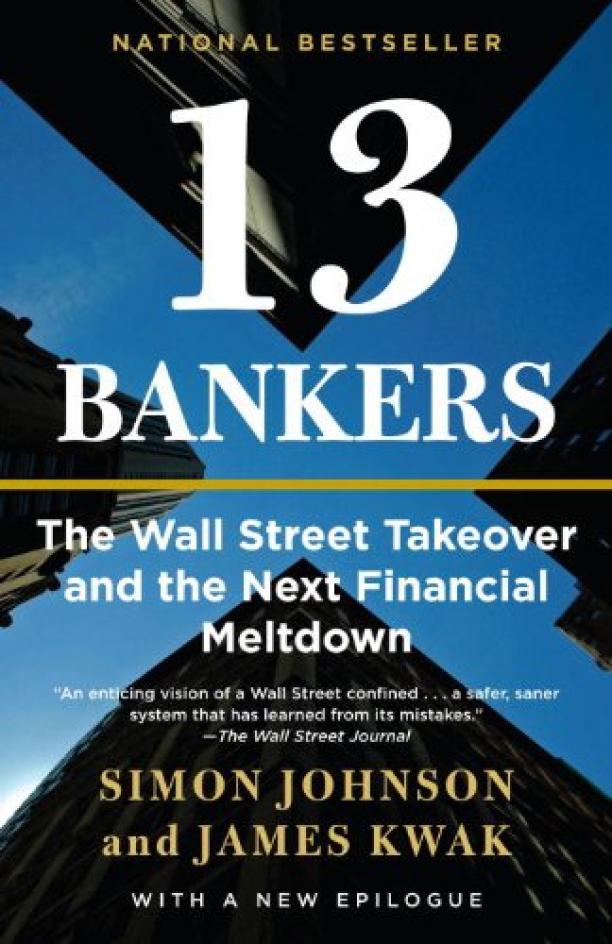
13 Bankers
The Wall Street Takeover and the Next Financial Meltdown
Simon Johnson|James Kwak
The book analyzes the 2008 financial crisis, arguing that the power and influence of Wall Street led to reckless behavior and subsequent government bailouts. It discusses the historical relationship between finance and government in the United States, warning that without significant reforms, similar crises will recur.
See full summary
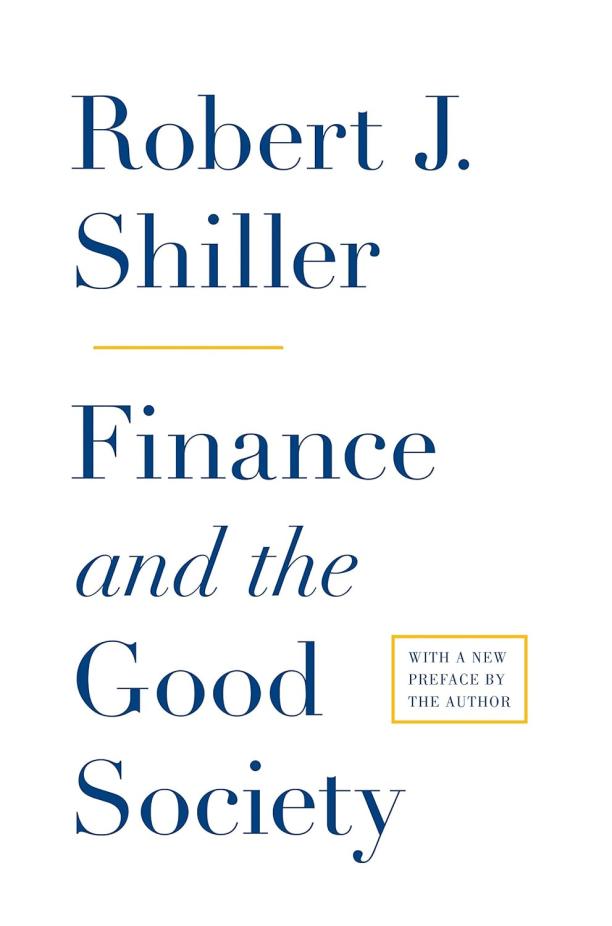
Finance and the Good Society
Robert J. Shiller
The book argues that financial capitalism, when properly regulated and managed, can lead to greater societal well-being by providing opportunities for a wide range of individuals to participate in the economy. It discusses the roles of various financial players – from bankers to lawyers to regulators – in fostering an environment that can promote the common good.
See full summary
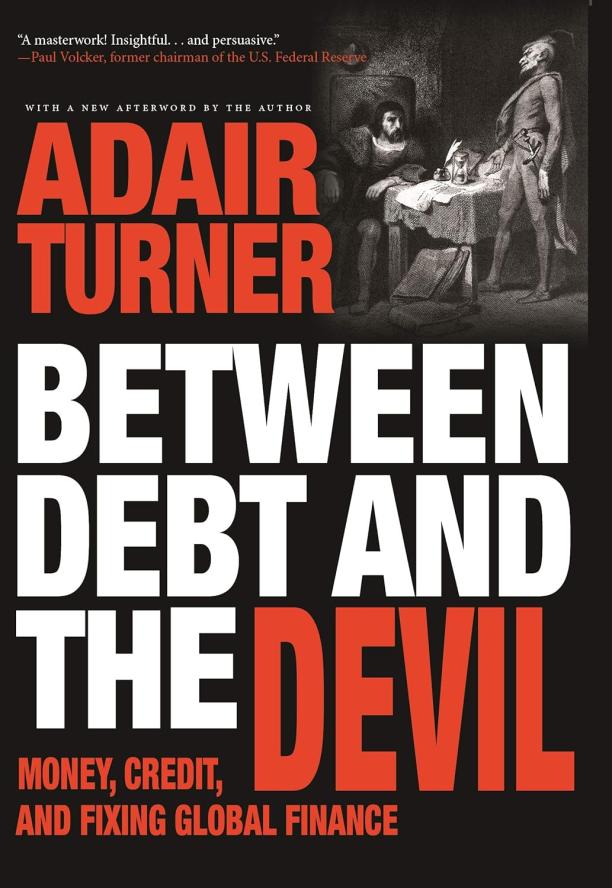
Between Debt and the Devil
Money, Credit, and Fixing Global Finance
Adair Turner
The book critically examines the global financial system, particularly the role of private credit and debt in causing financial crises. It proposes reforms to reduce reliance on debt, including the use of central bank money creation to fund public investment and stimulate economies.
See full summary
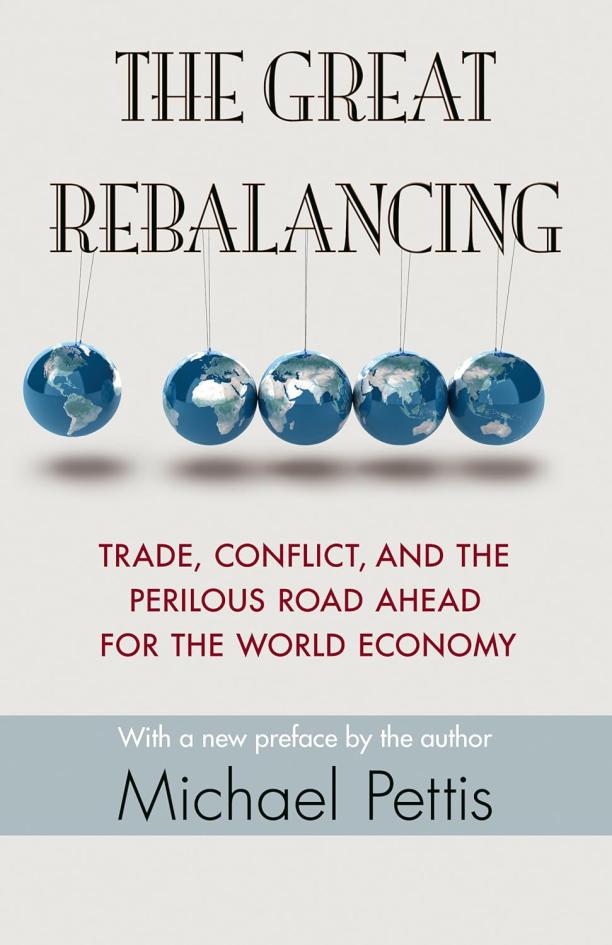
The Great Rebalancing
Trade, Conflict, and the Perilous Road Ahead for the World Economy - Updated Edition
Michael Pettis
The book analyzes the global economic imbalances driven by national policies that promote trade surpluses and deficits, arguing that these imbalances are unsustainable and lead to financial crises. It proposes that rebalancing through significant adjustments in consumption and debt patterns is essential for global economic stability.
See full summary
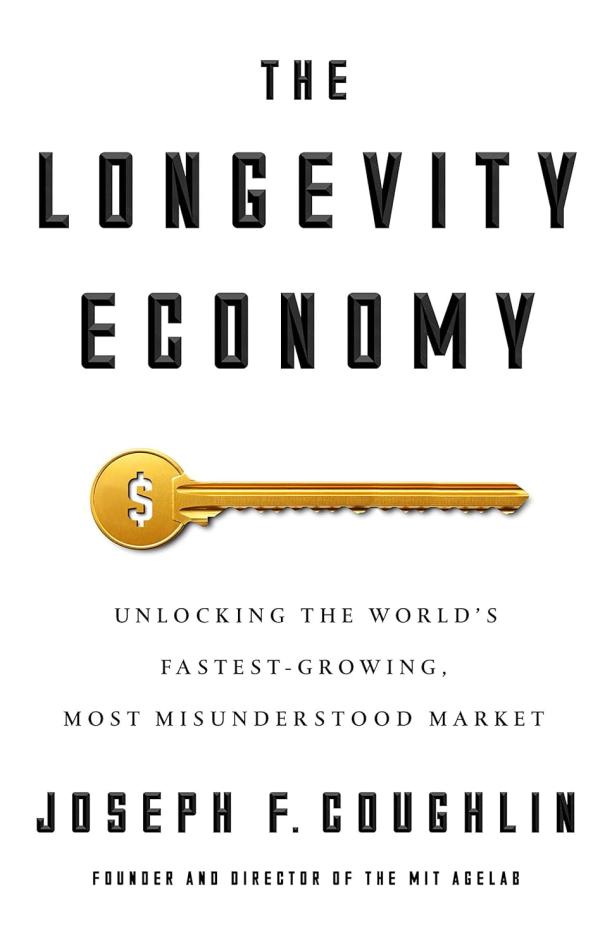
The Longevity Economy
Unlocking the World's Fastest-Growing, Most Misunderstood Market
Joseph F. Coughlin
The book explores the vast economic potential and consumer power of the aging population, challenging stereotypes about older adults and highlighting their role as dynamic consumers. It provides insights into how businesses can innovate and design products and services to cater to the mature demographic, which is often overlooked despite its growing influence and spending capacity.
See full summary
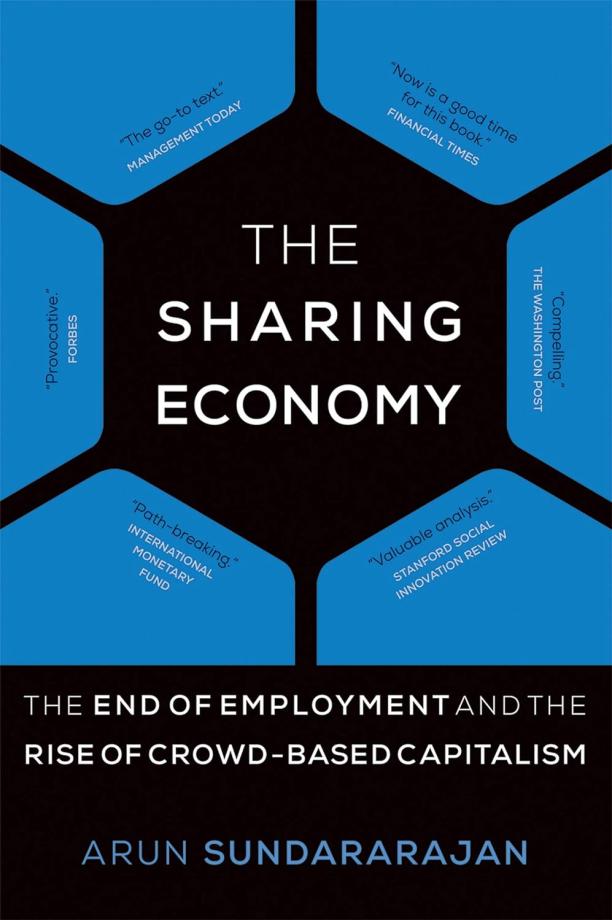
The Sharing Economy
The End of Employment and the Rise of Crowd-Based Capitalism
Arun Sundararajan
The book explores the transition from traditional employment to decentralized, crowd-based business models, driven by platforms like Uber and Airbnb, which leverage technology to empower individuals to share assets and services. It discusses the economic, social, and regulatory implications of this shift, including its impact on labor markets, entrepreneurship, and the broader capitalist system.
See full summary
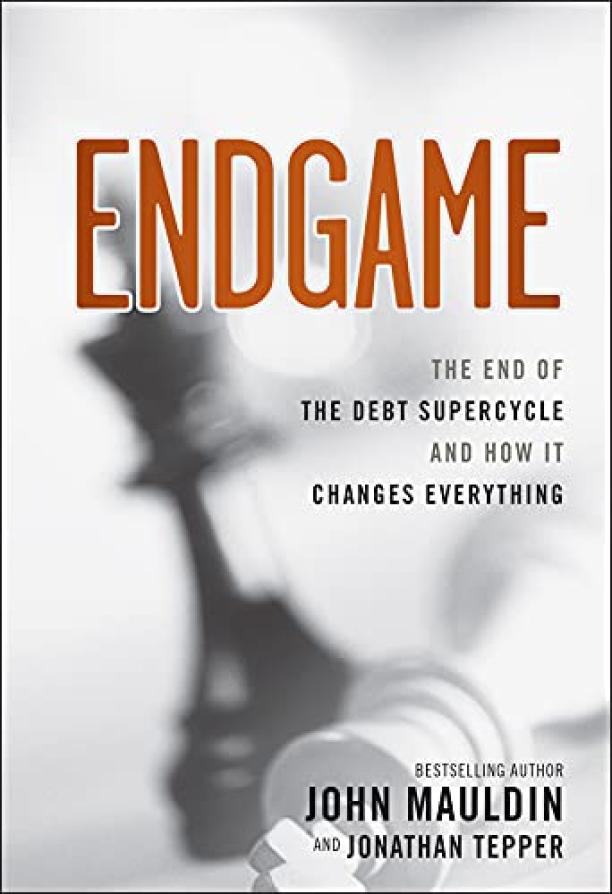
Endgame
The End of the Debt SuperCycle and How It Changes Everything
John Mauldin|Jonathan Tepper
The book explores the unsustainable nature of the global debt cycle, predicting an impending crisis due to excessive borrowing and financial leveraging. It discusses the potential economic impacts, the end of the debt-fueled growth era, and offers insights on how individuals, governments, and investors can prepare for and adapt to the significant changes ahead.
See full summary
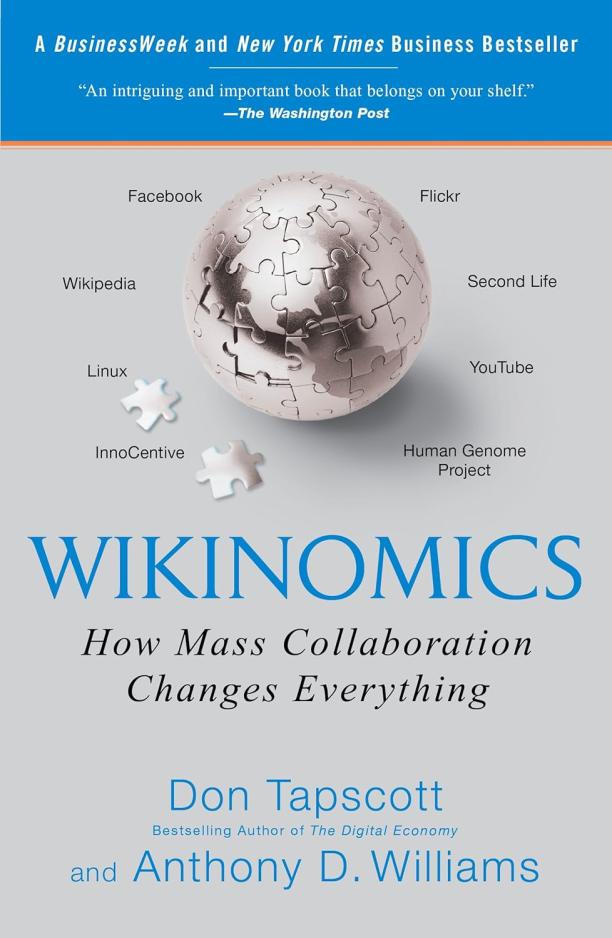
Wikinomics
How Mass Collaboration Changes Everything
Don Tapscott|Anthony D. Williams
The book explores the impact of collaborative innovation and open-source models on business and the economy, arguing that mass collaboration on the internet is reshaping the way companies operate and create value. It delves into case studies and trends that demonstrate the power of wikis, blogs, and other digital platforms to harness the collective intelligence of the public, leading to new forms of partnership and creativity.
See full summary